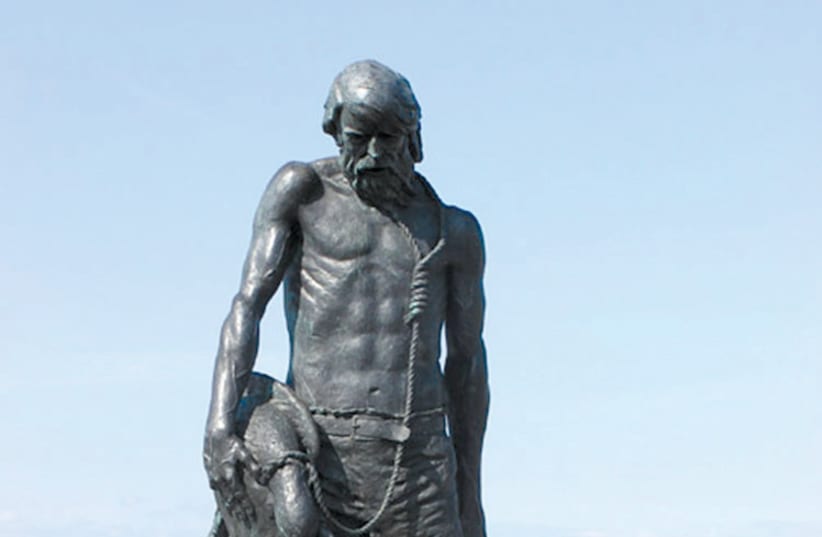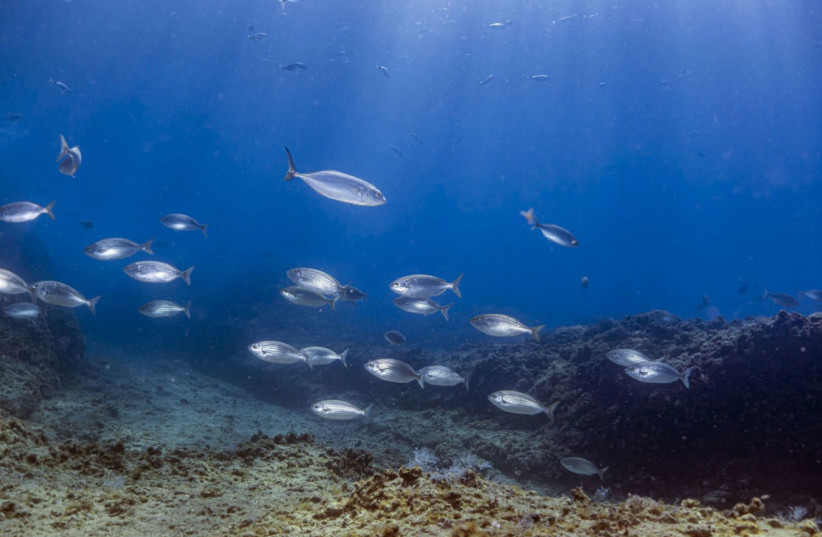“Water, water everywhere...nor any drop to drink,” wrote English poet Samuel Taylor Coleridge in 1797 in The Rime of the Ancient Mariner. In the poem, he explains the irony of how the presence of water in abundance is of no use to the sailors.
“Water, water everywhere...nor any drop to drink.”
Samuel Taylor Coleridge
Much has changed for sailors in the past 326 years, including that water on board is no longer a problem in today’s modern ships.
However, since that time we have learned a lot about the wider world, and more recently about our environment. That subject has stimulated much debate among the nations of the world. Uncountable hours of airtime and hundreds of newspaper and magazine pages have been filled with commentary on every possible aspect of our natural milieu.
Many days of international conferences have taken place, and empty words by politicians masquerading as stewards of the environment have echoed around the venues discussing the veracity of climate change.
One of the conclusions of the 2022 World Economic Forum meeting was the demand for low-emission products, yet world leaders, purporting to be experts, perpetrated more than 1,000 private jet flights in and out of airports serving Davos during the meeting, emitting as much CO2 as 350,000 average cars over that period.
It is true that ice is melting at the poles of our globe, and glaciers are sliding into the oceans, although experts disagree on the reasons.
The most widely accepted opinion is a rise in temperature, while others try to show a regular periodic cycle of these events. Whatever the reason, it causes the water level of the oceans to rise, and that endangers the populations of many of the low-lying South Pacific islands, whose pleading voices are heard loud and clear. Even parts of the reclaimed areas of the Netherlands would have to revert to their place of origin.
Water is a powerful constituent of our environment that is more difficult to control than fire. It covers over 70% of the Earth’s surface and is inextricably intertwined with life.
Water was the original medium for the emergence of life itself, as stated in the second verse of the Bible: ”When the earth was empty with darkness upon the surface of the deep, and the divine presence hovered upon the surface of the waters.”
Yet despite the widespread existence of water, clean fresh water is rare, comprising less than 1% of the total amount.
Many of the underdeveloped areas of the world are heavily dependent on water for their livelihood, but lack of adequate precipitation, either rain or snow, can occur in any part of the world, even in North America where the Great Drought in what is now the northwestern United States lasted from 1276 to 1299; or in Ethiopia, where it caused a serious famine from 1982 to 1985. Eastern Australia suffered a serious drought for eight successive years from 2001.
The effects of drought are crop damage, dried-up river beds and increased dust storms, as well as risk to wildlife. The economic impact is evidenced by increased cost for food and water. People and animals can go without food for some days, but water is the source of life. Dehydration is a fast killer.
Too much water is dangerous
On the other hand, too much water can also be a threat to life. Floods are caused by hurricanes in the northern hemisphere, and typhoons south of the equator. They start when warm moist air rises from the oceans and form into thick clouds made up of water droplets. When they get heavier than the updraft, they shed the water faster than the perhaps already saturated ground can absorb.
When this occurs in low-pressure systems, those water-bearing clouds rotate in the fast-increasing winds and progress from tropical depressions into hurricanes, with the consequential thunderstorms and floods.
The effect is structural damage, electricity outages and transportation interruptions, causing shortages of food and essential goods. One of the hurricane-prone areas is the southwest of the United States, where the warm waters of the Gulf add strength to the already existing hurricane conditions.
So, lack of water or too much of the nectar of life can cause death and destruction.
Israel, which is at the forefront of many technological fields, is also a leader in water technology. There are five large water desalination plants that provide almost all our tap water, as well as several sewage filtration plants that provide water for agriculture.
Israel uses this expertise to send its experts and technicians to many countries to teach and install systems that maximize production and use of clean water.
An important example is drip irrigation, which provides just the right amount of water for horticulture and floriculture. There are now even mobile units, mounted on trucks, that can extract clean drinking water from the air.
In another sphere, water plays an important part in the Torah, the Jewish scriptures, as well as our biblical history. Some examples are The Great Flood and Noah’s Ark; Moses hitting the rock; God parting the Red Sea during the Exodus from Egypt; the mikveh, the ritual bath; Sukkot, the harvest festival when we pray for rain; and we bless God every time we ritually wash our hands. In Jeremiah 2:13 and 17:13, the prophet describes God as “the Spring of living water”; therefore, humanity needs an ethic that places the highest value on water. ■
The writer, a regular contributor to this publication, recently entered his 100th year of life and holds Guinness records for the oldest working journalist and broadcaster in the world.

